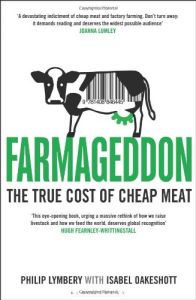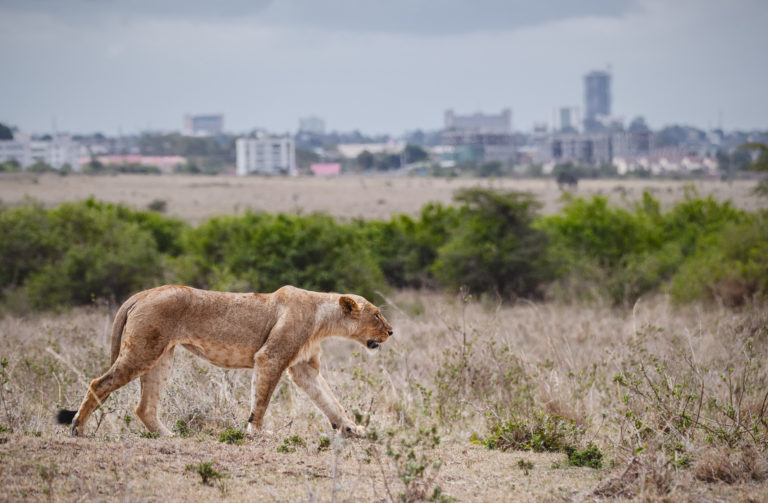Join getAbstract to access the summary!

Join getAbstract to access the summary!
Philip Lymbery and Isabel Oakeshott
Farmageddon
The True Cost of Cheap Meat
Bloomsbury, 2014
What's inside?
From farm to table isn’t a gourmet restaurant theme; it’s a trail of tears.
Recommendation
Sustainability advocate Philip Lymbery discusses what’s gone wrong on the farm, the big factory farm, that is. He covers human and animal misery, air and water pollution, and apocalyptic potential outcomes while also offering solutions and real hope. Lymbery, writing with journalist Isabel Oakeshott, could give more attention to the pros and cons of various agricultural options – including traditional farming, though it does have limits, and better alternatives for aquaculture and genetically modified crops. Even so, this sad but well-researched report demolishes any notion that society can continue on its current carnivorous path. While always politically neutral, getAbstract recommends this reportorial lament to investors, futurists, environmentalists, business people and parents deciding what to feed their kids. You’ll never view supermarket chicken, steak or farmed salmon in the same way.
Summary
About the Authors
Philip Lymbery is an activist for animal welfare and human health worldwide. Isabel Oakeshott is a political journalist and commentator.



















Comment on this summary